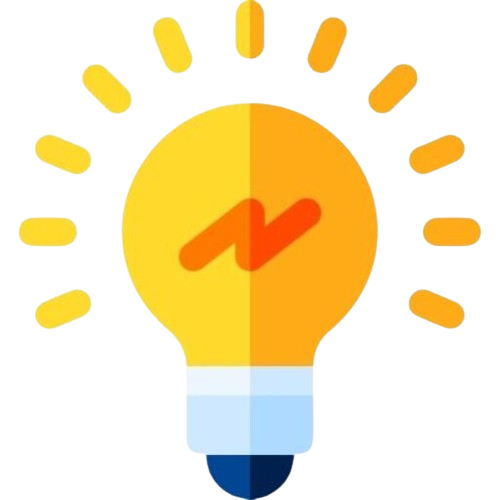Here’s your weekly dose of timeless ideas to sharpen your mind, make smarter decisions, and live better.
Quotes
I.
No is easier to do. Yes is easier to say.
― Jason Fried
II.
You despise books; you whose lives are absorbed in the vanities of ambition, the pursuit of pleasure or indolence; but remember that all the known world, excepting only savage nations, is governed by books.
― Voltaire
III.
Crying is all right in its way while it lasts. But you have to stop sooner or later, and then you still have to decide what to do.
― C.S. Lewis
Ideas
I.
Enlightenment is man’s emergence from his self-incurred immaturity. Immaturity is the inability to use one’s own understanding without direction from another. This immaturity is self-incurred if its cause is not lack of understanding, but lack of resolve and courage to use it without another’s guidance. Sapere aude! Dare to know! That is the motto of Enlightenment.
Immanuel Kant in response to the question “What is Enlightenment?”
II.
Since the Enlightenment, in the great tension between rationalism (how we would like things to be so they make sense to us) and empiricism (how things are), we have been blaming the world for not fitting the beds of “rational” models, have tried to change humans to fit technology, fudged our ethics to fit our needs for employment, asked economic life to fit the theories of economists, and asked human life to squeeze into some narrative.
Nassim Nicholas Taleb in The Bed of Procrustes
III.
You like to imagine yourself in control of your fate, consciously planning the course of your life as best you can. But you are largely unaware of how deeply your emotions dominate you. They make you veer toward ideas that soothe your ego. They make you look for evidence that confirms what you already want to believe. They make you see what you want to see, depending on your mood, and this disconnect from reality is the source of the bad decisions and negative patterns that haunt your life. Rationality is the ability to counteract these emotional effects, to think instead of react, to open your mind to what is really happening, as opposed to what you are feeling. It does not come naturally; it is a power we must cultivate, but in doing so we realize our greatest potential.
Robert Greene in The Laws of Human Nature
Articles Worth Reading
I.
Claire Bushey | Financial Times
Isolation that preceded the pandemic cannot be lifted with the ease of a stay-at-home order. But the pandemic, in its obvious externality, usefully illustrates how loneliness so often arises from conditions divorced from our personal worth. I may endure the consequences of living in a society that values working 10 hours a day and fetishises marriage at the expense of all other relationships, but just because it’s my problem doesn’t mean it’s my fault. It doesn’t have anything to do with me at all. Suddenly, the possible solutions to the famine look different. Maybe we ask more of ourselves and show up when we say we will. Maybe we ask more of our employers, staking a claim to our time. Maybe we ask less of our spouses and no longer expect one relationship to bear the weight of our entire emotional lives.
II.
Frédérique de Vignemont and Colin Klein | Aeon
The year 2020 was a worldwide social experiment in keeping our distance. Even in groups trying to adhere to the rules, you couldn’t help noticing that people didn’t neatly space themselves out on a two-metre grid. Nor did everyone feel the same way about how they maintained distance from others. Anxious people tend to find more of significance (and danger) around them, and studies show that anxiety can be measured by a corresponding expansion of peripersonal space. It’s also clear that individuals differ in their tolerance for physical and emotional closeness. Some look terrified if you’re a centimetre too close. Others crowd in queues as if nothing had changed.
III.
Blaise Pascal on the Intuitive vs. the Logical Mind and How We Come to Know Truth
Maria Popova | BrainPickings
The great French physicist, philosopher, inventor, and mathematician Blaise Pascal explores the duality of intuition and intellect and their interplay in Pensées, his masterwork of fragmentary reflections. Pascal argues that our failure to understand the principles of reality is due to both our impatience and a certain lack of moral imagination. Pascal makes a peculiar and rather poignant aside — doubly so in our divisive age of harsh snap-judgments directed at others via soundbites and status updates — suggesting that our inability to appreciate the singular gifts of other people is essentially a failure of our own intelligence, for the prerequisite for appreciation is comprehension.
